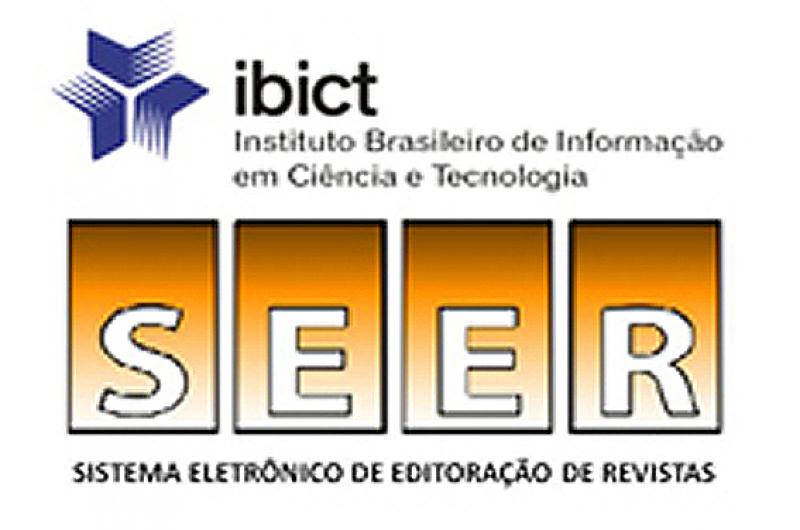Investigating the development of mathematical logical reasoning in children between 11 and 12 years old through Hacktown academy courses
DOI:
https://doi.org/10.31416/rsdv.v8i1.72Keywords:
Logical reasoning, Development, Hacktown AcademyAbstract
Logical reasoning is a fundamental trait to any human being, however, it is being lost over time. The advancement of technology that has brought many benefits to society is also creating a generation of well-to-do people who seek in their electronic devices all the answers to their problems and do not ask what they find, they are only reproducers of existing ideas rather than forming their own conceptions. Thus, measures are needed to stimulate this generation to think and use logical reasoning. Given this scenario, the Hacktown Academy appears as a great alternative so that
through its teaching methodologies can opportune such stimuli. The aim of this work was to investigate the development of logical reasoning in children aged 11 and 12 years in hacktown academy courses through mathematical tests applied at the beginning and end of the course. To accomplish the objectives the work was divided into four steps, analyzing by carrying out a test in which situation of development of logical reasoning the students entering the academy are, to minister the course of the academy, through a test to evaluate the development of logical reasoning after the course and in the end to make a comparative between the initial and final tests to analyze
if there was improvement in the development of the students. With a duration of 60 hours, the course reached satisfactory results on the proposed objectives
References
AUGUSTO, Lucas; BRANDÃO, Ricardo. Que tal a Hacktown? Revista IF –Sertão PE, Pernambuco, v. 09, 2018.
DA SILVA, J.A.L; OLIVEIRA F.C.S ; MARTINS D.J.S. Storytelling e gamificação como estratégia de motivação no ensino de programação com Python e Minecraft. SBC – Proceedings of SBGames 2017.
FAJARDO, Vanessa; FOREQUE, Flavia. 7 de cada 10 alunos do ensino médio têm nível insuficiente em português e matemática, diz MEC. G1, 2018.
MANSO, A; OLIVEIRA, L; MARQUES,G. C. Portugol IDE –Uma ferramenta para o ensino da programação. Ibero-American Symposium on Project Approaches in Engineering Education (PAEE’2009).
MARTINS, F.C; SOUZA, F.A; HAUS, G.S.P; RODRIGUES, S.S; VIEIRA, A.A. Importância De Trabalhar O Raciocínio Lógico Nas Aulas De Matemática. UFCG. II Conedu. 2015.
METODOLOGIAS. Academia Hacktown Escola Pública de Programação em Jogos e Robótica.
MOREIRA, M.A. (1999). Teorias de aprendizagem.São Paulo: Editora Pedagógica e Universitária Ltda.
MUNIZ, Camilla. Desenvolver o raciocínio lógico garante melhores desempenhos e fortalece saúde mental. Jornal Extra, 2015.
OLIVEIRA, J.R. O prazer de aprender brincando. Universidade Cândido Mendes, Niterói, RJ, Brasil.
SALDAÑA, Paulo. Desempenho do ensino médio em matemática é o pior desde 2005. Folha de São Paulo, São Paulo, 8 set. 2016.















